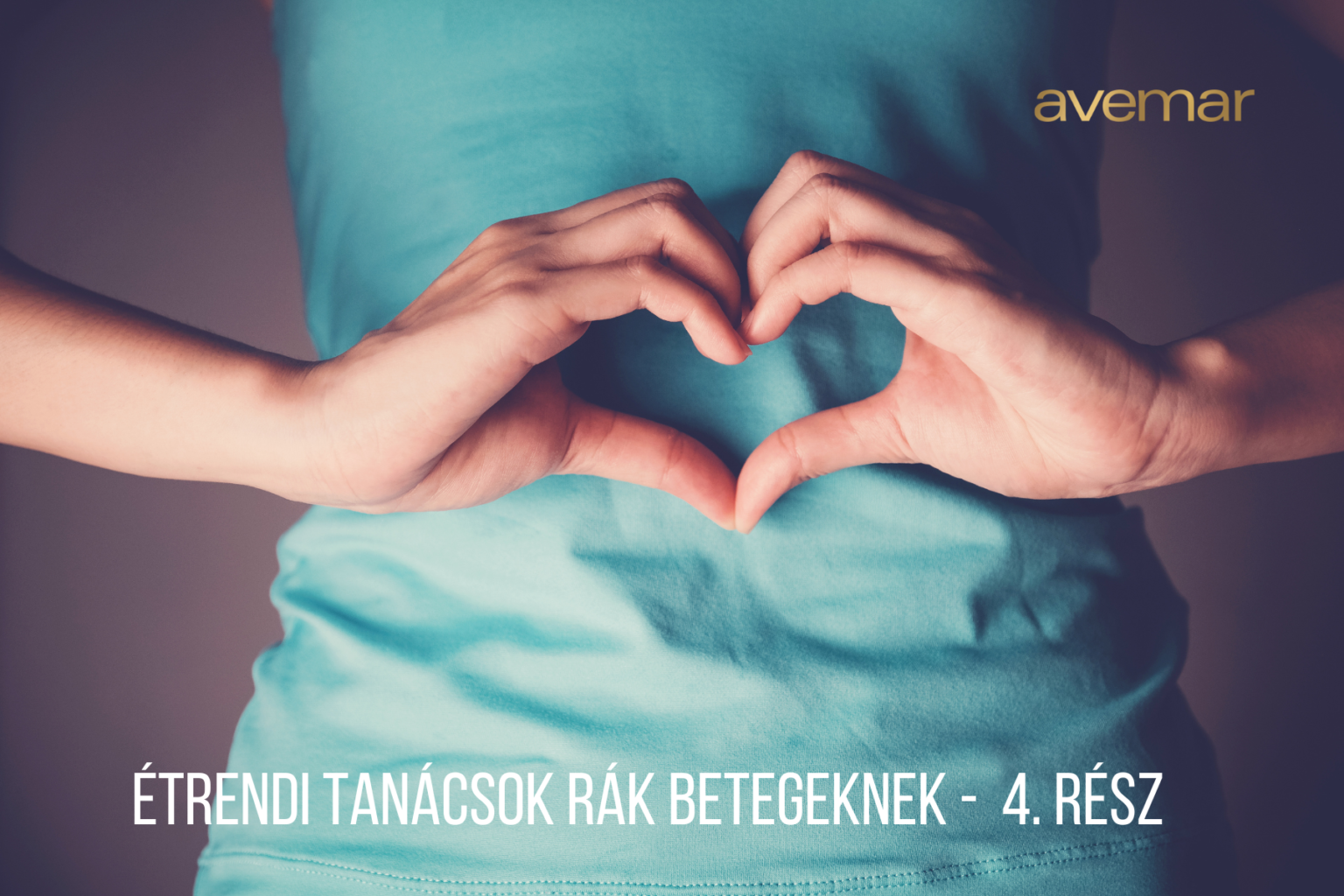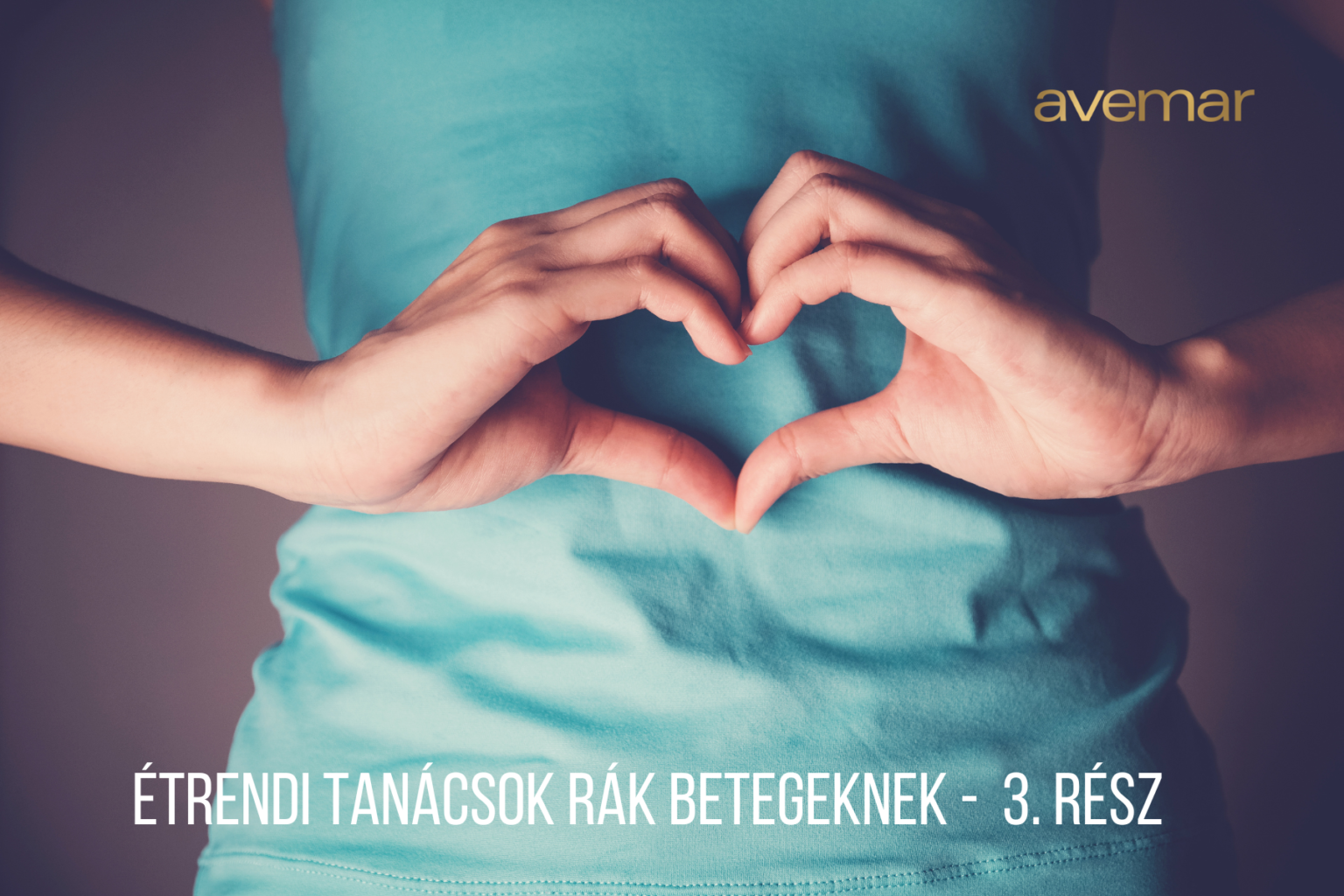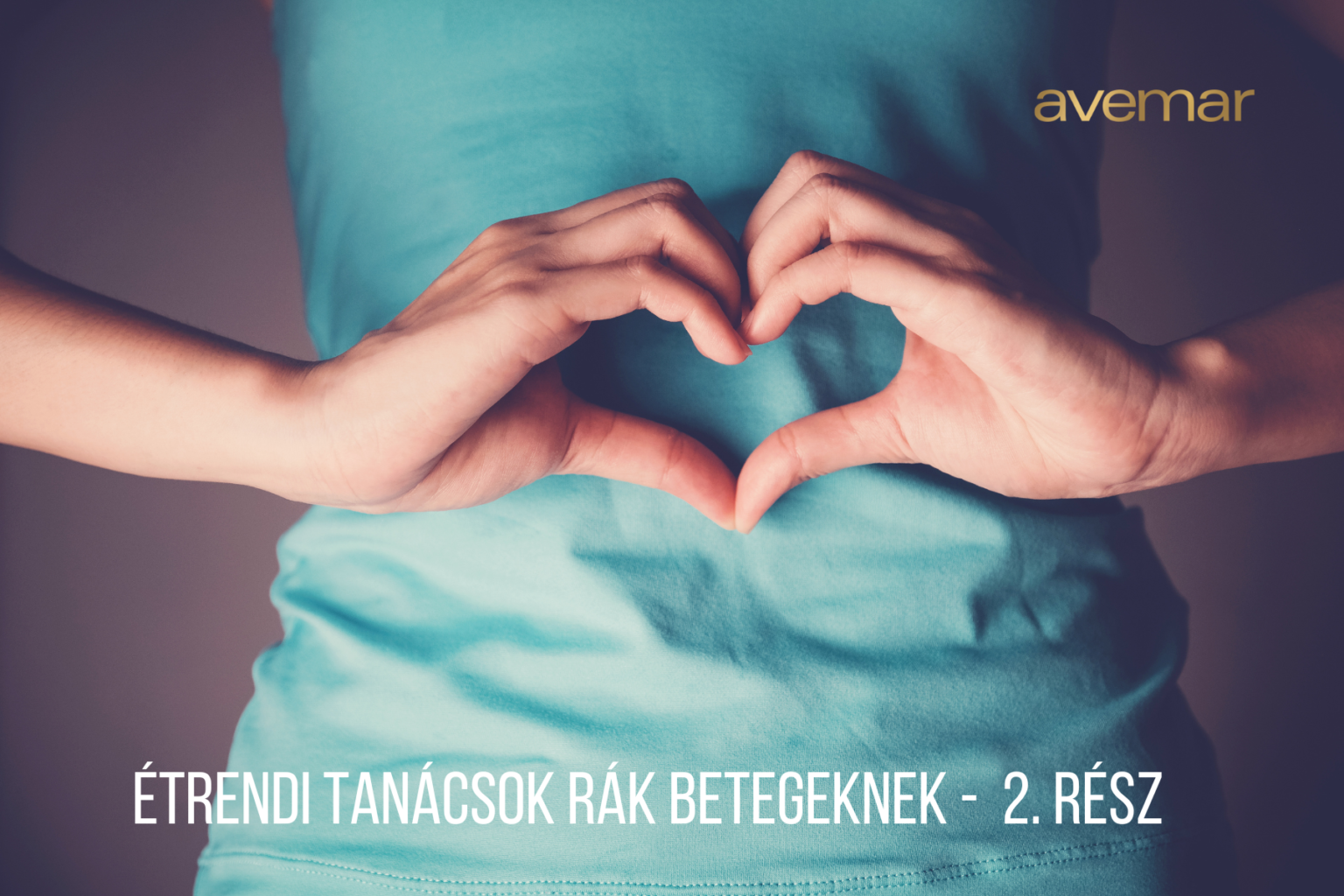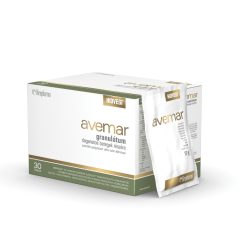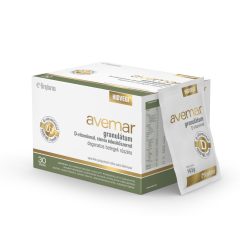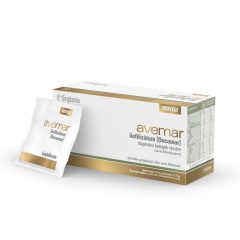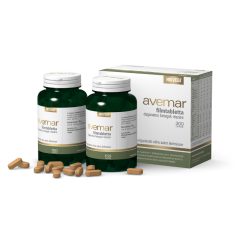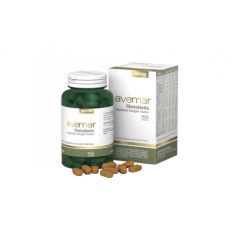Anti-cancer treatments put a strain on the body, which is why it is recommended to follow a diet between treatments.
DIET FOR CANCER PATIENTS BETWEEN TREATMENTS
Cancer treatments are stressful for the body, so it is advisable to eat a diet between treatments that is both kind to the body and provides the energy, protein, vitamins and minerals needed for recovery.
WHAT TO EAT THROUGHOUT THE DAY?:
|
Main food groups
|
Foods recommended between treatments
|
|
Meat, meat products, eggs
|
· Lean meats and cold cuts are recommended, mainly cooked and stewed, not fried in hot oil.
· If a person does not wish to eat meat products, it is necessary to increase the consumption of eggs and dairy products in order to provide the body with the right amount of protein
|
|
|
Milk and dairy products
|
· If you are less sensitive to milk sugar, choose dairy products that are lower in lactose/lactose e.g. yoghurt, cottage cheese, hard cheese, if you are very sensitive then choose 'lactose/lactose free' dairy products.
· In case of diarrhoea, it is recommended to consume low-fat dairy products e.g. skimmed cottage cheese, reduced fat, light cheeses.
|
|
|
Vegetables, fruits
|
· During severe diarrhoea or in the case of strictures following abdominal radiotherapy, limit the consumption of vegetables and fruit containing durvar fibre, e.g. dry pulses, peas, seeded fruit.
|
|
|
Cereals
|
· For severe diarrhoea and in cases of intestinal strictures, limit the consumption of wholemeal cereals, bread enriched with bran and oilseeds, wholemeal pasta and brown rice.
|
MAIN DIETARY CONSIDERATIONS FOR CANCER PATIENTS:
|
Main considerations
|
Suggested diet
|
|
Number of meals per day:
|
5-7
It is recommended to eat more frequently and in smaller portions at a time
|
|
Daily energy requirement:
|
30-40 kcal/kg bodyweight
If the aim is to stabilise and maintain body weight, about 30 kcal/kg bodyweight; if the aim is to increase body weight, 30-40 kcal/kg bodyweight.
|
|
Daily nutrient intake:
|
Increasing protein intake is necessary e.g. in case of inflammation, during recovery after surgery, in case of muscle gain, low albumin
Reduction of fat intake is necessary in case of diarrhoea, fat malabsorption.- protein: about 15-20 en%- fat: about 20-30 en%- carbohydrate: about 55 en%
Daily nutrient intake per kg body weight:
- protein: 1.0-1.5 g/kg bodyweight
- fat: 0,6-1 g/kg bodyweight
- carbohydrate: 4-8 g/kg bodyweight
|
|
Main meals (breakfast, lunch, dinner
|
Always contain protein of animal origin (meat, eggs, dairy products).
If you are temporarily sensitive to lactose after chemotherapy, choose dairy products that are lower in lactose e.g. yoghurt, cottage cheese, hard cheese, if you are very sensitive, choose "lactose free" dairy products.
Meat and eggs should be prepared with little fat and only lightly seasoned.
|
(Compiled by Anna Kiss, dietician)
